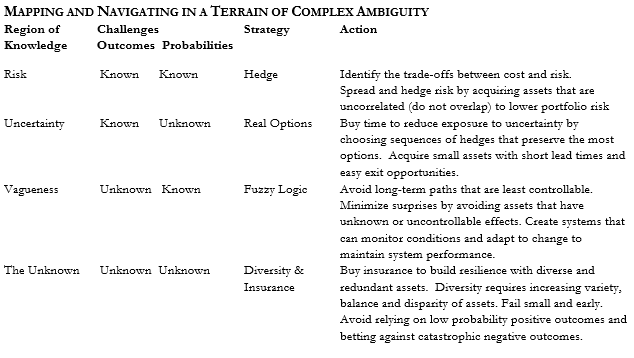Washington, D.C. – The Consumer Federation of America (CFA) released a report today analyzing the decision by the Federal Communications Commission (FCC) to rewrite its Open Internet Order under the Section 706 authority established in recent ruling of the United States Court of Appeals for the District Of
Columbia Circuit. Applying principles derived from a number of well-known decision making frameworks, CFA concludes that the FCC picked the right place to start the effort to implement a Broadband Network Compact. The report also outlined a comprehensive strategy to simultaneously pursue several other major elements of the Compact like universal service and consumer protection. The report was filed as CFA’s initial comments in the “Open Internet Remand” docket.
“The FCC should assert the independent authorities and explore the powers it has under several of the new Sections of the Telecommunications Act of 1996 Act (the 1996 Act) to create a robust portfolio of tools to pursue the core goals of the Communications Act,” said Mark Cooper, CFA’s Director of Research, and author of the report. “It should:
- Maximize the power of transparency under Section 706 to promote competition and provide consumer protection.
- Develop regulation of reasonable network management to the greatest extent possible under Section 706.
- Implement effective universal service mechanisms under Section 254.
- Explore Title II with Section 10 forbearance for those goals of the Act that cannot be accomplished under the authorities and powers of sections 706 and 254, particularly for public safety, consumer protection and consumers with disabilities and privacy.
“Ensuring that consumers, content providers, and application developers do not suffer undue discrimination in their access to broadband communications networks (referred to as network neutrality or the Open Internet) is one of the primary goals of the Communications Act,” Cooper added, “but it has been one of the most contentious and unsettled areas of communications law since the 1996 Act, with contradictory decisions from Federal Appeals Courts and a Supreme Court decision that gave the Commission wide discretion, but did not address policy issues.”
“The FCC can pursue all four of the options by conducting different proceedings on different schedules,” Cooper noted. “The idea that the FCC would have split, even fragmented jurisdiction for different sections of the Act may seem odd, but that has always been a fact of life under the Communications Act. Not only has the Congress given the FCC different powers and authorities in different Titles, but the split basis for authority for network management was the situation for over thirty years under the Computer Inquiries, which used Title I ancillary authority to regulate the handling of data traffic by Title II telecommunications carriers. Jurisdictional inconsistency is the rule, rather than the exception in the complex communications space.”
“If the 1996 Act were written differently, or the decision to classify broadband as an information service (which is now over a decade old) had not been taken, the terrain of decision making would be very different and the best strategy for writing the Broadband Network Compact might be different.” Cooper, said, “But, the Commission must navigate the terrain in which it finds itself, not in some alternative universe. The “all of the above” approach makes perfect sense for the FCC.
The paper, entitled Decision Making in The Face of Complex Ambiguity: Mapping the FCC’s Route to the Broadband Network Compact, shows that decision makers in diverse fields – including financial portfolio analysis, project management, technology risk assessment, Black Swan Theory, military strategy and space exploration – have developed tools for improving decision making when knowledge and information about the nature of outcomes and/or their probability is absent or incomplete. The strategies to deal with complex ambiguity are similar across the fields, resulting in a clearly articulated framework for decision making:

“It would be a luxury to hit the pause button and take time to reflect on this complex challenge, but decisions about whether to appeal the court decision must be made quickly,” Cooper added, “so, one of the most important direction setting decisions comes early. The approach taken by the Commission recognizes the new terrain on which the FCC finds itself and adapts to it, keeps options open, and seeks to quickly implement new, systemic rules that cut across several Titles of the Act, while avoiding “bet the farm” approaches that have a low probabilities of success.
“This is the “new” law that needs to be implemented and until the Commission tries to do so, the courts will likely keep sending the Commission back to the drawing board,” Cooper concluded. “There is a long way to go to build the Broadband Network Compact, but this is a good start.
A copy of the report can be found here
A copy of CFA’s comments can be found here
CFA is a non-profit association of nearly 300 consumer groups that was established in 1968 to advance the consumer interest through research, advocacy, and education.

